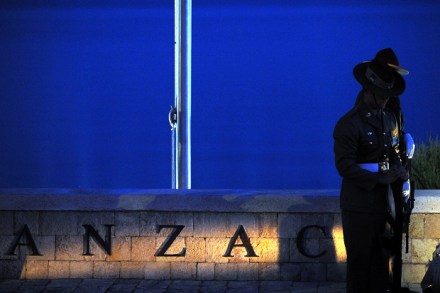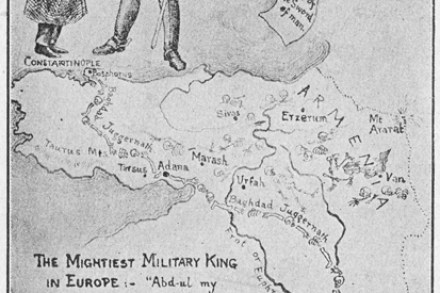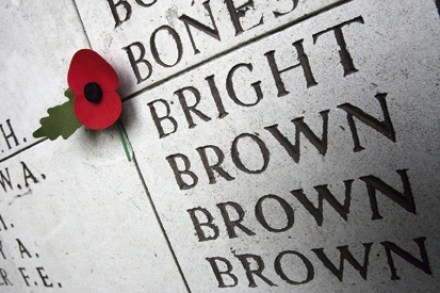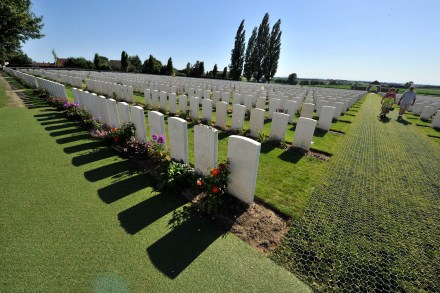Brave Tommies and dim earls — Oh What a Lovely War is hoity-toity reductionism
Here it is. Fifty years late. Oh What a Lovely War was originally staged at Stratford East in 1964. It returns to its birthplace to cash in on this year’s anniversary of the Great War. Sorry, I meant commemorate. The title is so familiar that one overlooks its callow, misanthropic glibness. Does anyone think war ‘lovely’? The show’s narrator sprints through the causes of the conflict, and its chief battles, without offering any historical insight. Music-hall songs and comedy stereotypes trundle past on a conveyor belt of laughter and slaughter. The show was inspired by angry dogmatist Joan Littlewood, who wanted to sock it to R.C. Sherriff for writing a



















